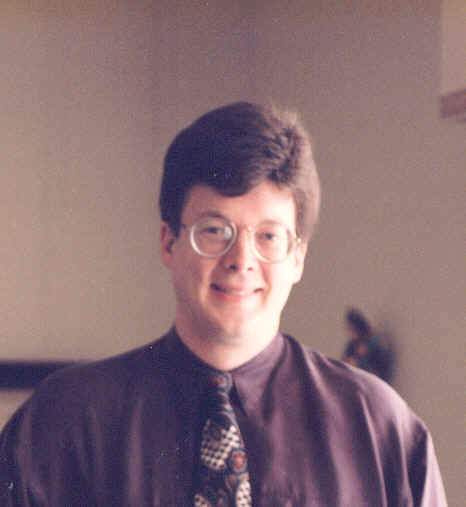The HyperTexts
"Self Reflection"
a poem
by Michael R. Burch
Poem, Form, Theme, Analysis and Meaning

Self Reflection
by Michael R. Burch
for anyone struggling with self-image
She has a comely form
and a smile that brightens her dorm ...
but she's grossly unthin
when seen from within;
soon a griefstricken campus will mourn.
Yet she'd never once criticize
a friend for the size of her thighs.
Do unto others—
sisters and brothers?
Yes, but also ourselves, likewise.
Form, Theme, Analysis and Meaning: "Self Reflection" is a
poem about negative self-image and the terrible cost it can carry. A previous
title for the poem was "Mirror Image, Shattered." The poem is similar in form to
a double limerick, having the rhyme scheme AABBA AABBA with
the B lines having fewer syllables than the A lines (other than the
truncated first line). The poem uses the image of a young female college student
to illustrate a problem that is unfortunately widespread today. Although the
young woman brightens her dorm with her smile, she doesn't see herself the way
other people see her. She is anorexic and bulimic, and sees herself as "grossly unthin." As a result, her life is in danger. If she ends her life by not eating,
or by committing suicide, or by engaging in other dangerous, destructive behaviors,
everyone who knew the "real her" will be griefstricken and mourn her death. The
second stanza makes the point that the young woman would never judge her friends
the way she judges herself. There is a sort of hypocrisy involved, when we judge
ourselves more harshly than we do our friends and loved ones. My poem closes
with a reference to the Golden Rule: "Do unto others as you would have them do
unto you." If we flip that around, we should treat ourselves as well as we treat
others.
Bio:
Michael R. Burch is an American poet who lives in Nashville, Tennessee with his
wife Beth, their son Jeremy, and three outrageously spoiled puppies. His poems, epigrams, translations, essays, articles,
reviews, short stories and letters have appeared
more than 5,000 times in publications which include TIME, USA Today, The Hindu,
BBC Radio 3, CNN.com, Daily Kos, The Washington Post, Light Quarterly, The Lyric, Measure, Writer's Digest—The Year's Best Writing,
The Best of the Eclectic Muse, Unlikely Stories and
hundreds of other literary journals, websites and blogs. Mike Burch is also the
founder and editor-in-chief of The HyperTexts, a former columnist for the Nashville City Paper and, according to Google, a relevant online publisher of poems about the Holocaust,
Hiroshima, the Trail of Tears, Darfur, Haiti, Gaza
and the Palestinian Nakba. He has two published books,
Violets for Beth (White
Violet Press, 2012) and
O, Terrible Angel (Ancient Cypress Press, 2013).
A third book, Auschwitz Rose, is still in the chute but long delayed.
Burch's poetry has been translated into eleven languages and set to music by the
composers Mark Buller, Alexander Comitas and Seth M. Smith. One of his poems, "First They
Came for the Muslims," has been adopted by Amnesty International for its
Words That Burn anthology, a free online resource for
students and educators. He has also served as editor of International
Poetry and Translations for the literary journal Better
Than Starbucks.
For an expanded bio, circum vitae and career timeline of the poet, please click here: Michael R. Burch Expanded Bio.
More Related Pages:
"Davenport Tomorrow" Analysis,
"Epitaph" Analysis,
"Neglect" Analysis,
"Passionate One" Analysis,
"Something" Analysis,
"Self Reflection" Analysis
The HyperTexts
